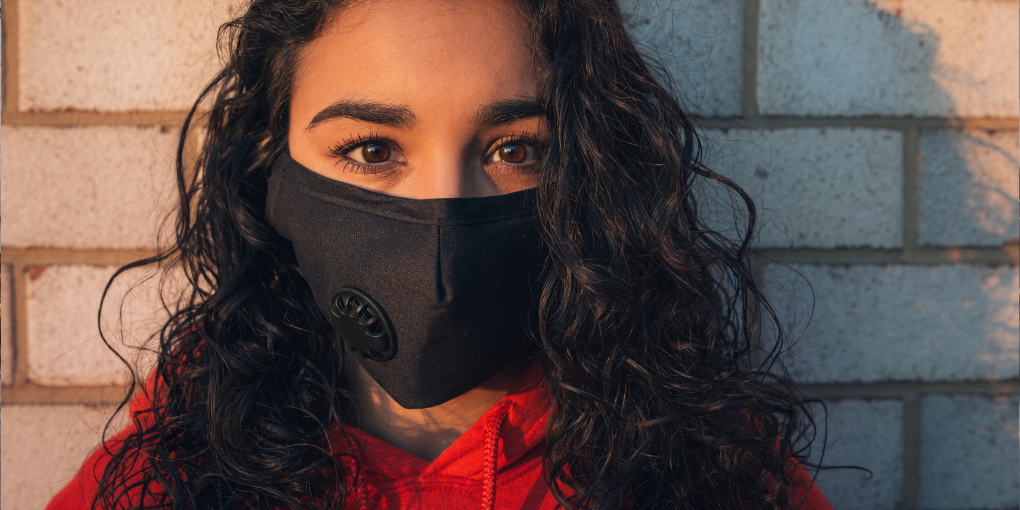This past Sunday saw Israeli society slowly reopening in phase two, where schools and synagogues opened their doors. Students from grades 1-4 returned to their classrooms in capsules of 18, though afterschool programs do not limit the number of students. Indoor prayer rooms cannot hold more than 10 people, and no more than 20 people are allowed to gather outdoors. The second stage of reopening is taking more precautions than the first, yet the original 9-step strategy has already been cut to six phases.

Despite pushback from business and shop owners, shops will only be allowed to open once cases drop down to 500 people per day. Officials are still uncertain about legally opening shops, yet they have gone forward with a bill to double COVID-19 fines for those who break restrictions. For shop owners, fines increase from NIS 5,000 to NIS 10,000. The government hopes that increasing the fines will also increase public cooperation.
The percentage of infected is at about 2.3%, and only 754 new cases have been reported. The fatality rate has reached 2,597.
The start of the week was also the kickoff of human trials for the COVID-19 vaccine. The first two volunteers, men ages 29 and 34 were injected with the “Brilife” vaccine, developed by the Israel Institute for Biological Research. The first phase of human trials will last about one month, with the second group of 80 volunteers, ages 18 – 55, inoculated this past Tuesday. Every one in four received a placebo. The second phase trial will include about 1,000 volunteers, ages 18 – 85. Only in this trial will volunteers with preexisting conditions be able to participate. The trial will continue into spring 2021, with approvals of up to 30,000 vaccinations. If all goes according to plan, the vaccine may be released for public use by June 2021.








